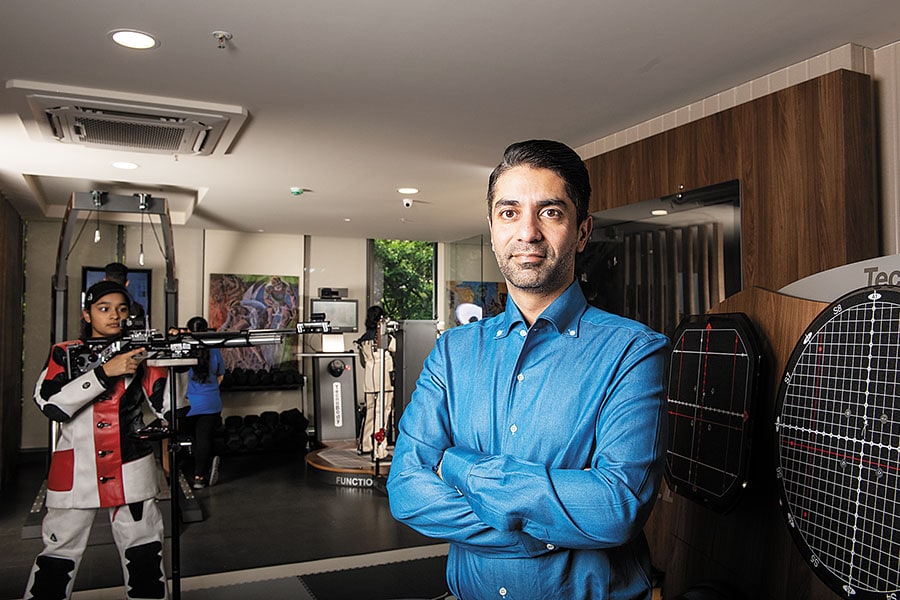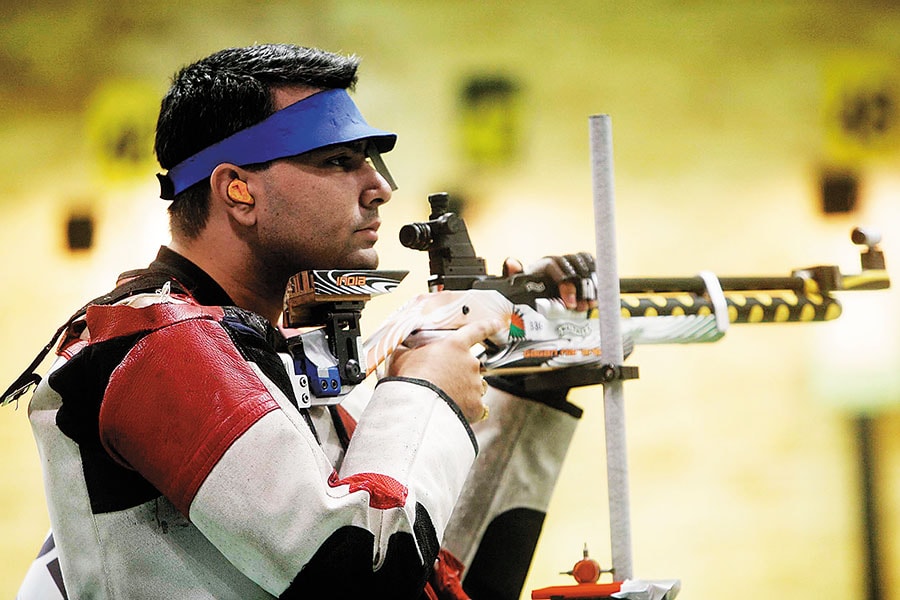
Odisha: The land of future sports champions?
By joining hands with industry leaders and the top rung of sportspersons, Odisha is laying the foundation for top performers
.jpg) The Naval Tata Hockey Academy was inaugurated this August
The Naval Tata Hockey Academy was inaugurated this August
To promote sporting talent in the state, the Odisha government is in the process of setting up 10 High Performance Centres (HPC) for sports training, which Chief Minister Naveen Patnaik announced in November last year. What makes these centres unique is the fact that the government has signed memorandums of understanding (MoUs) with eminent sportspersons and industrialists to set them up, with the end goal of promoting sports and producing world-class players.
The athletics HPC will be set up in partnership with Reliance Foundation; football and swimming with the JSW Group and All India Football Federation; badminton with the Dalmia Bharat Group and India’s chief national badminton coach Pullela Gopichand; weightlifting with the Ahluwalia Group and former cricketer Anil Kumble’s sports management firm Tenvic Sports; shooting with the Aditya Birla Group and Gagan Narang Sports Promotion Foundation; a sports science centre with Olympian shooter Abhinav Bindra and Rungta Mines; and hockey with Tata Steel and Tata Trusts.
While explaining the collaborations, Vishal K Dev, secretary sports, Government of Odisha, says, “The government wanted to establish the best sports facilities for nurturing the next generation of medal winners and sports achievers for the state and the country. We were sure from the beginning that we want to do it in the right manner and not delay things. And with that view, the best set of experts from the sports fraternity were roped in as part of these MoUs to operate the HPCs.”
Under the various training programmes, athletes will be accommodated at state-run hostels, primarily at the Kalinga Stadium in Bhubaneshwar, but also in Cuttack, Puri, Sundargarh, Rourkela, Balangir and Dhenkanal. Athletes under other state-sponsored schemes (such as the U-16 Indian Arrows football team) will also train for free at these centres.
R Vineel Krishna, director, Odisha Sports, says: “The corporates were able to put their weight behind our endeavour as part of their CSR spending and commitment to develop sports. This paved the way for good partnerships for setting up of the HPCs.” For example, he adds, the weightlifting HPC already has 12 girls and nine boys training under Iranian-British coach Kazem Punjavi. “The state set up a weightlifting HPC because Odisha has been performing well in weightlifting, and we have good potential to create medal-winning international lifters.”
 A sports science centre by Olympian shooter Abhinav Bindra and Rungta Mines aims to train athletes for Olympic and Paralympic sports
A sports science centre by Olympian shooter Abhinav Bindra and Rungta Mines aims to train athletes for Olympic and Paralympic sportsImage: Mexy Xavier
Another example of an HPC in India is the Inspire Institute of Sport in Vijaynagar, Karnataka. The facility is privately funded by the JSW Group.
(This story appears in the 30 November, -0001 issue of Forbes India. To visit our Archives, click here.)



 Olympian Gagan Narang’s foundation Gun for Glory, in collaboration with the Aditya Birla Group and the Odisha government, will set up an HPC that will have India’s biggest 10-m shooting range
Olympian Gagan Narang’s foundation Gun for Glory, in collaboration with the Aditya Birla Group and the Odisha government, will set up an HPC that will have India’s biggest 10-m shooting range



